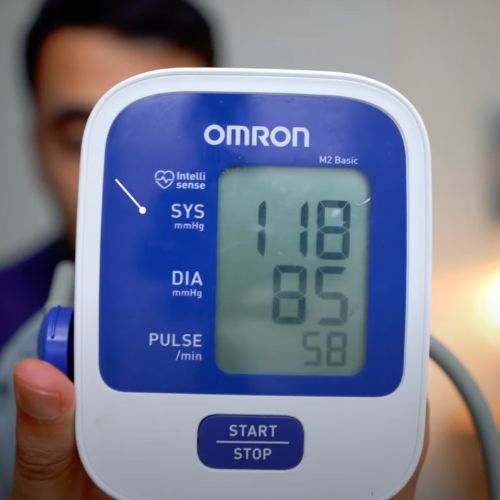Pregnancy is a time of excitement and joy, but it also comes with many questions and concerns about what's safe and healthy for both the expecting mother and the growing baby. One common spice that often finds its way into our diets is cinnamon, and many wonder whether it's safe to consume cinnamon during pregnancy.
Let's explore this below:
key findings
What is Cinnamon?
Cinnamon is a spice that comes from the bark of Cinnamomum Genus trees. It's widely used to flavor various dishes, desserts, and beverages due to its distinctive taste and aroma. Besides its culinary uses, cinnamon has also been used in Ayurvedic medicine due to its effects and properties, which provide widespread benefits.
There are two main kinds of cinnamon:
1. Ceylon cinnamon (Cinnamomum verum)
Ceylon cinnamon, often called "true cinnamon," is considered to be of higher quality and contains lower levels of coumarin.

2. Cassia cinnamon (Cinnamomum cassia)
On the other hand, Cassia cinnamon is more common and has higher levels of coumarin.
Think of coumarin as one of the working compounds in cinnamon that allows it to churn out benefits that positively affect our health and pallets. Although it gives cinnamon its abilities, it can be harmful in large amounts, so dosage adherence is always imperative.
Is Cinnamon Off Limits in Pregnancy
Cinnamon has GRAS status in the US and is safe to consume in amounts commonly found in foods. Research shows that high amounts of cinnamon are not advised for pregnant women, but small quantities are acceptable in a prenatal diet, which means it isn't on the caution list. It can actually help expectant mothers in the following ways:
Gestational diabetes (diabetes that develops during pregnancy)
Research shows that cinnamon could potentially reduce the insulin requirements for women with gestational diabetes, which means better blood sugar control and minimized risks/complications during pregnancy.

Blood pressure
A report from the US CDC (Centres for Disease Control and Prevention) mentions that at least 1 in 7 births are affected by hypertension issues during pregnancy. When taken in moderation, cinnamon can help lower blood pressure levels, which makes it a useful addition to your prenatal arsenal.

Morning sickness
Research shows that cinnamon can produce effects that may relieve morning sickness. It can also potentially aid digestion, soothe an upset stomach, and alleviate heartburn, which is helpful during pregnancy.

Cinnamon Doses During Pregnancy
Cinnamon can be consumed during pregnancy, regardless of which trimester you are in, but we must remember that dosing is key. Research shows that the recommended dose is typically between 1–3 grams of cinnamon daily.
However, no such daily recommended dose is given for pregnant women.
So, experts typically suggest taking less than the uppermost recommended dosage. This usually equates to 1-2 grams (roughly half to one teaspoon) of cinnamon daily. The recommendation ensures that you reap the benefits of the spice without experiencing any adverse side effects.
These amounts are typically found or used in foods, so if you're using cinnamon that way, it's completely safe, but if you're opting for cinnamon-based supplements, that's a no-no. Cinnamon supplements are more concentrated than the spice itself amounts of cinnamon found in foods.
Using concentrated or large amounts of the spice can trigger side effects, like gastrointestinal problems or allergic reactions, which can negatively affect pregnancies.
Tips for Including Cinnamon in Your Diet During Pregnancy
Here are some simple ways to incorporate cinnamon into your diet during pregnancy:
Sprinkle on Foods
Sprinkle a small amount of cinnamon on your oatmeal, yogurt, or fruit.
Bake with Cinnamon
Use a dash of cinnamon in cookies, muffins, or bread recipes.
Cinnamon Tea
Brew a cup of cinnamon tea by soaking a cinnamon stick in hot water. This can be a soothing, flavorful, and beneficial prenatal beverage.
Final Word
Cinnamon can be safely consumed during pregnancy, adding flavor and potential health benefits to your meals. However, it's essential to use it in reasonable amounts and stay clear of concentrated versions of the spice like Cinnamon supplements. Although use in small amounts is acceptable during pregnancy, it's always best to consult your healthcare provider before incorporating the spice into your diet.

